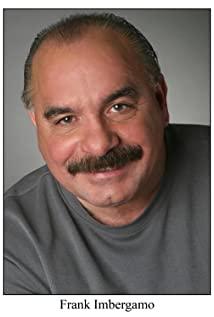This was my first feeling after reading it, but I felt it was wrong. There were too many movie viewing experiences for more than two hours. Poetry did not give me. This movie has something that no poem, no book, no song can replicate. This movie reminds me of a long-forgotten thing about why movies are called the 'seventh art' in an age when movies are being consumed as a business.
This is probably the highest rating I've ever given to a movie. But I'm not saying that popcorn movies are bad, it's just that the purpose of watching movies is different. What really pisses me off is that a lot of now, even narrative films, are too focused on dramatic conflict and visual effects, and lack the process of letting the audience enjoy the characters' emotions. So I don’t want to go into details about the narrative and photography of this film, but I can only say that it is almost perfect. What I want to talk about here is the feeling of watching this film.
Extremely sad, and more and more uncomfortable as the Lee Chandler puzzle is completed level by level. This is how I feel. The last time I had such a viewing experience was Garfield's "Never Let Me Go" in 2010, and that sense of powerlessness over the status quo continued to the end of the film. When ex-wife Randi met Lee, Randi said "You can't just die", yes, without any dramatic conflict, Casey used his perfect, I stress, perfect performance, showing us a life but dead people.
At the scene of the fire, what you thought was a distraught man, and you thought time would heal this man's pain, five years? ten years? Then suddenly, this man became the guardian of his sixteen-year-old nephew, and you thought this last close relative by Lee's side would use his energy to get Lee out of the pain. However, when Lee apologized to his nephew at the dinner table "I can't beat it, I can't beat it", you know that time can heal the pain, but at the fire scene that day, the man was not injured. That day, he died.
The brilliance of this movie is not only in describing a person's negative but very real attitude when facing too heavy pain, but also in Casey's interpretation of this attitude, the phrase "There's nothing there", with a cry , but it can make you feel that the person who said this sentence really has no soul.
My understanding of art is that its author expresses his ideas precisely and can empathize with a portion of the audience. This movie does both.
Time passed, but the man's life was stagnant, and we hoped that he would come out one day, but at the end of the film we realized that it was just our extravagant hope. The reality is cruel enough, but this movie doesn't intend to comfort the audience with a positive ending. It just wants to remind us that life is like surfing. Whether you accept it or not, the wave will always roll down, and when the wave is too strong, live on Actually it's not a choice at all.
The screen goes black, tearfully reminiscing about the images of uncles and nephews fishing by the sea in Manchester.
"Like watching a movie"
View more about Manchester by the Sea reviews











